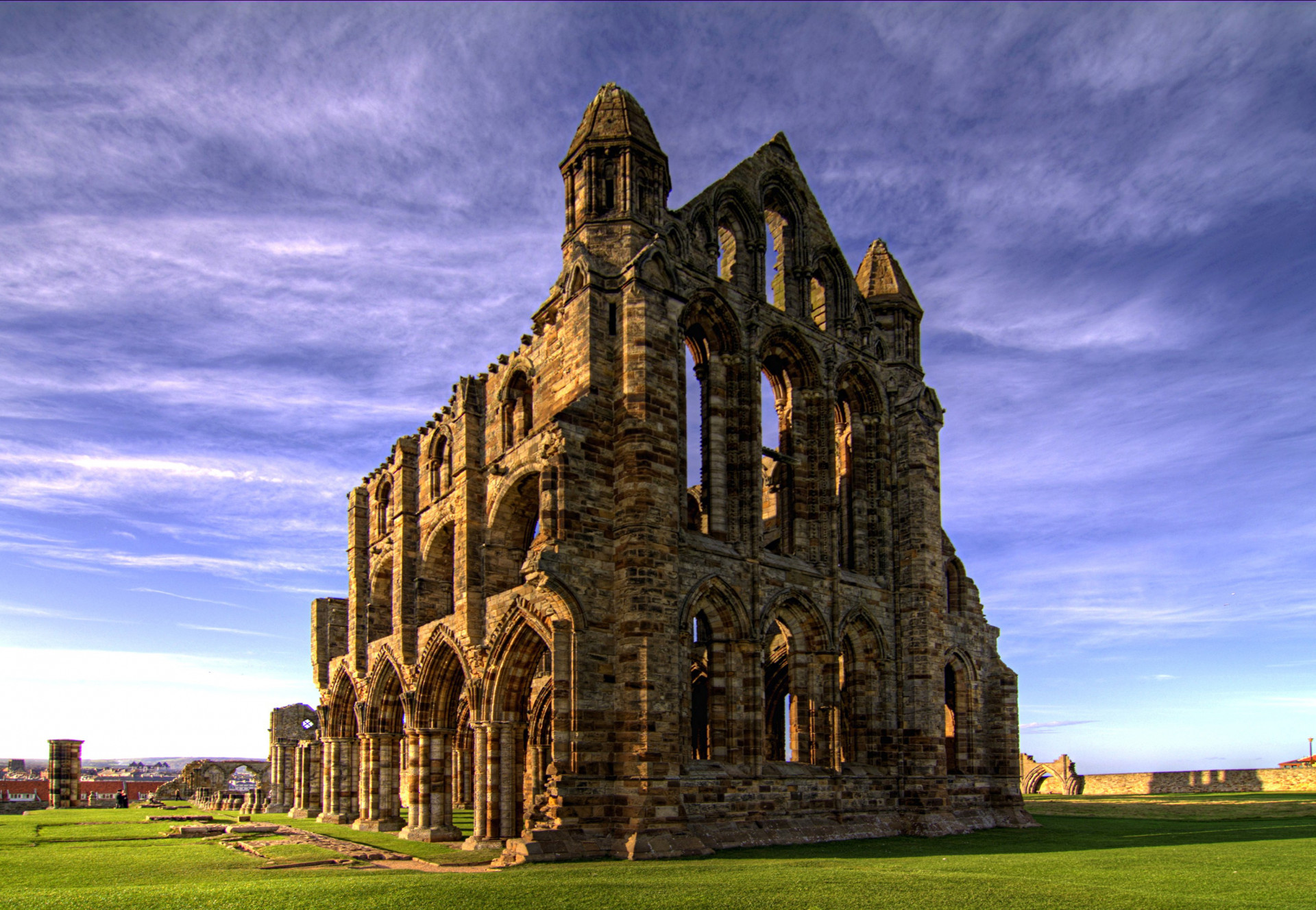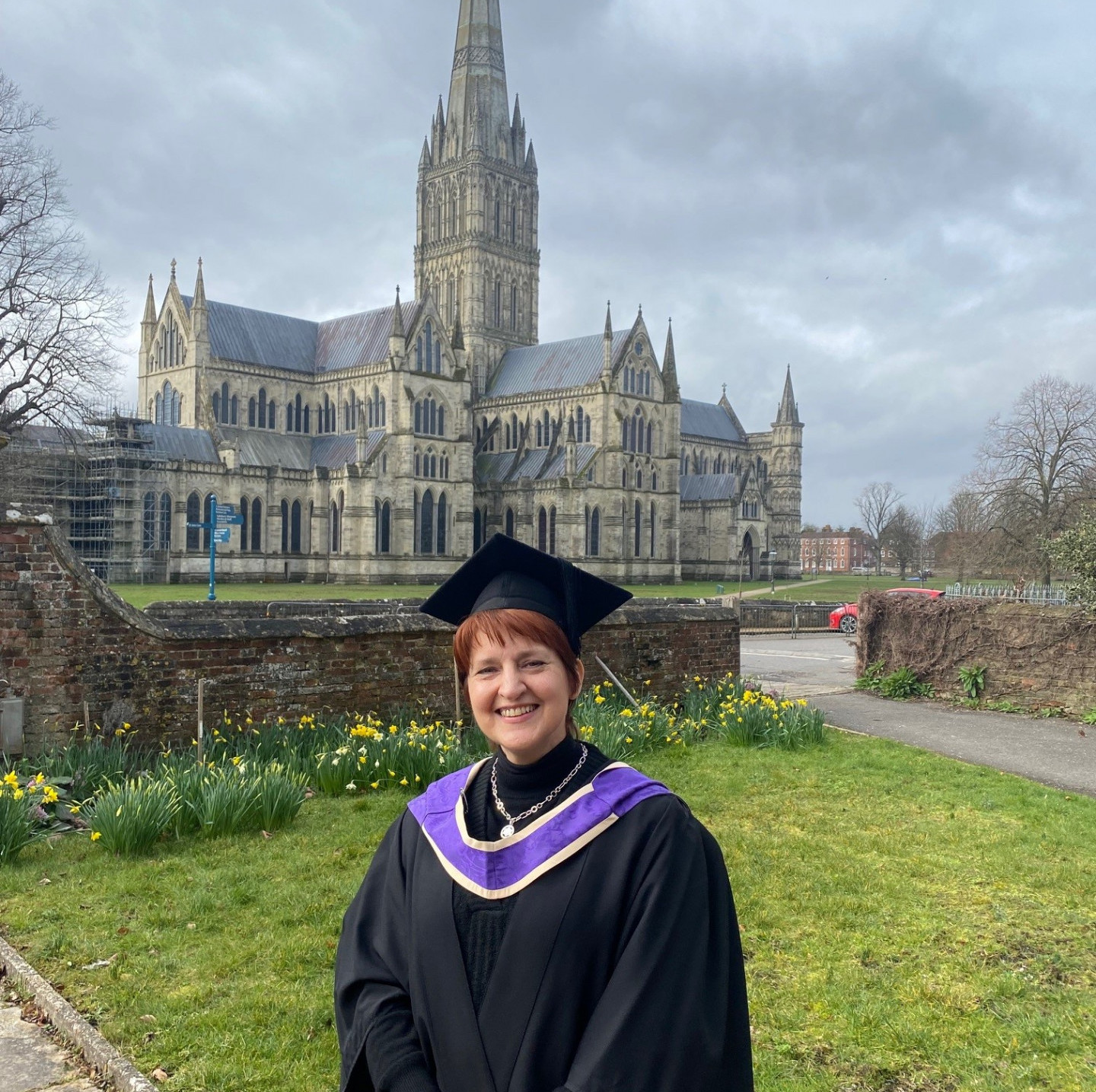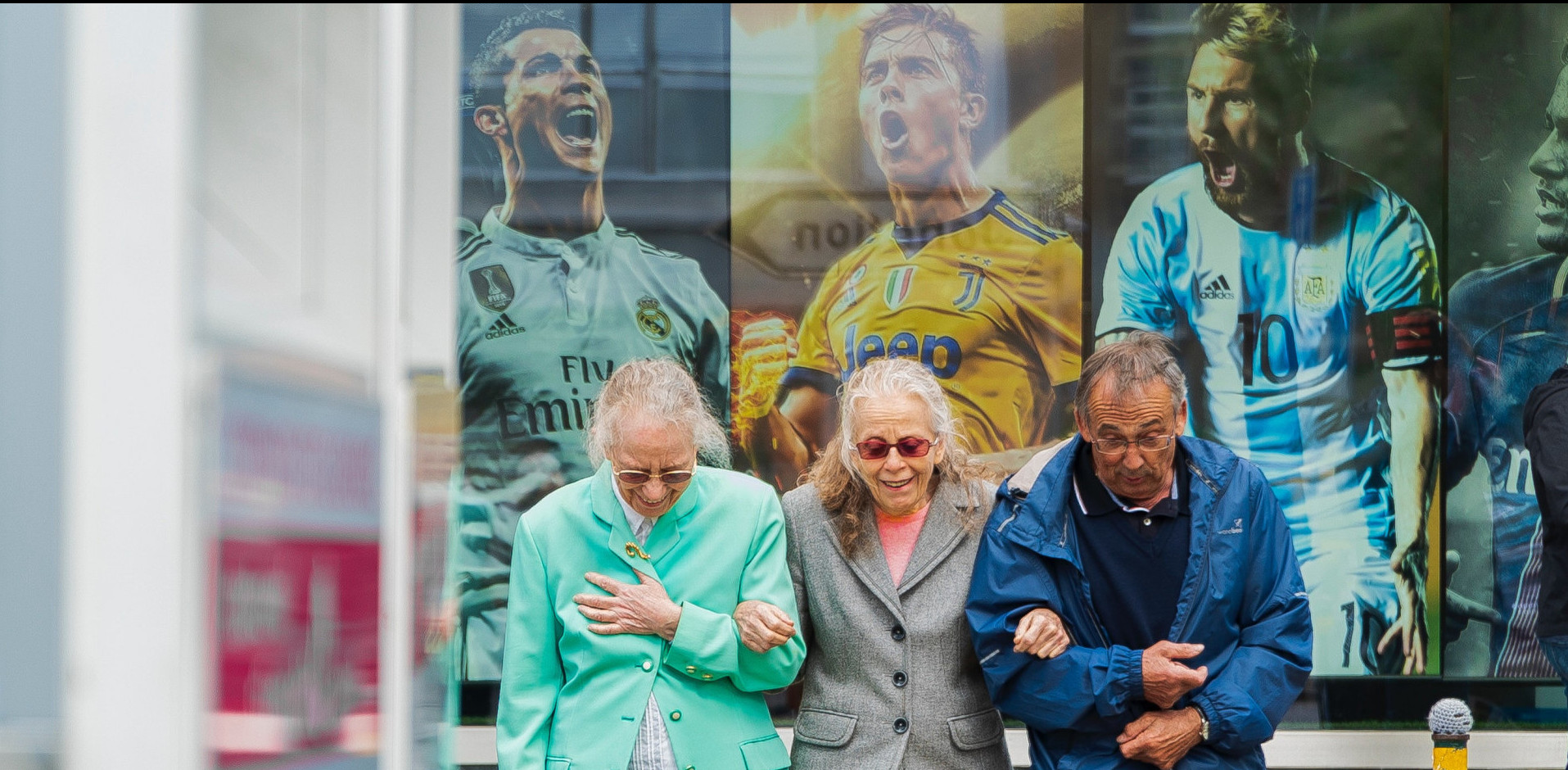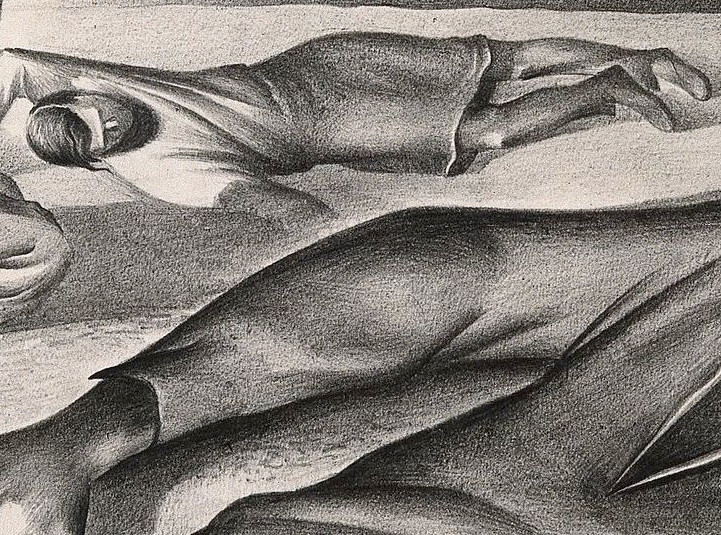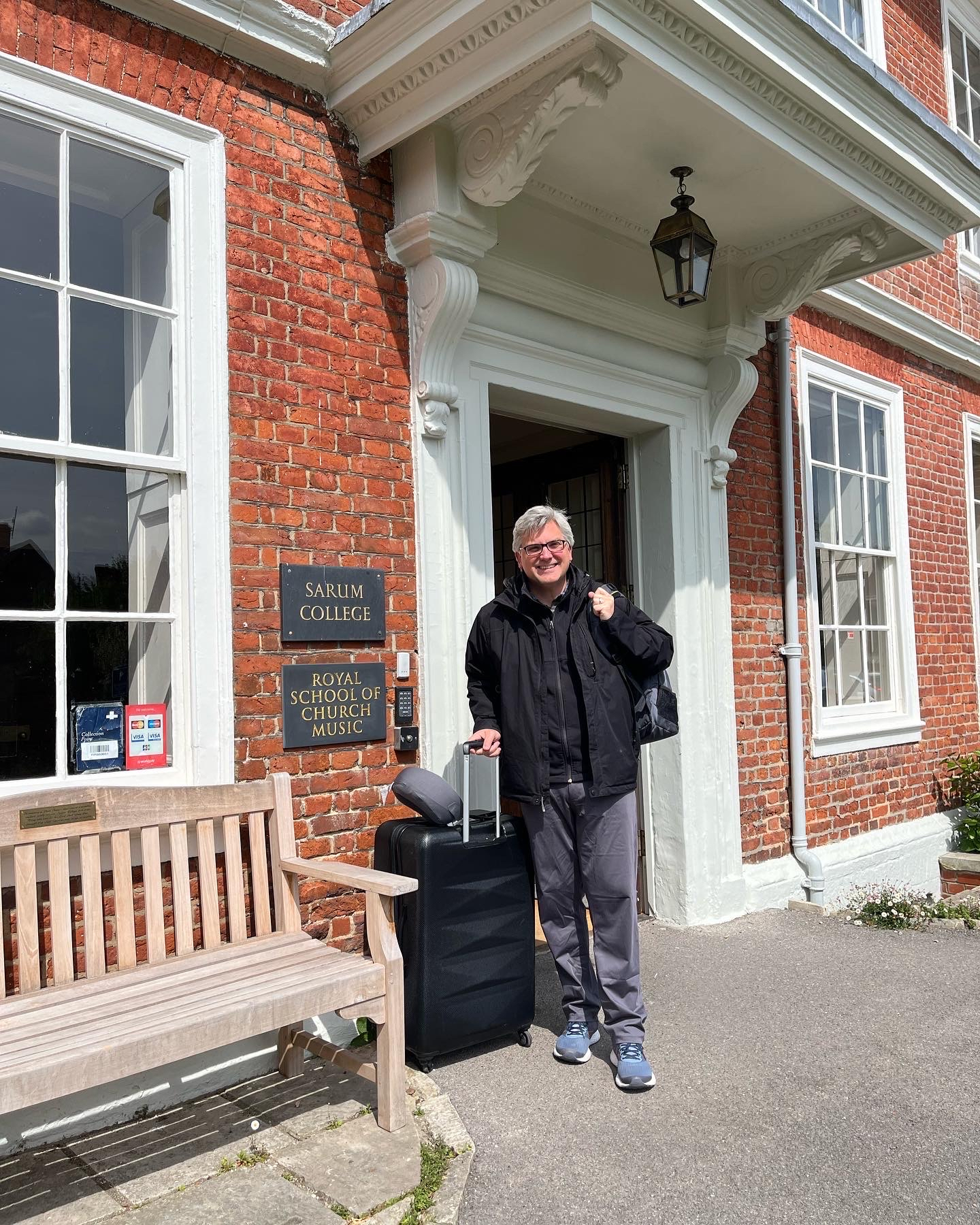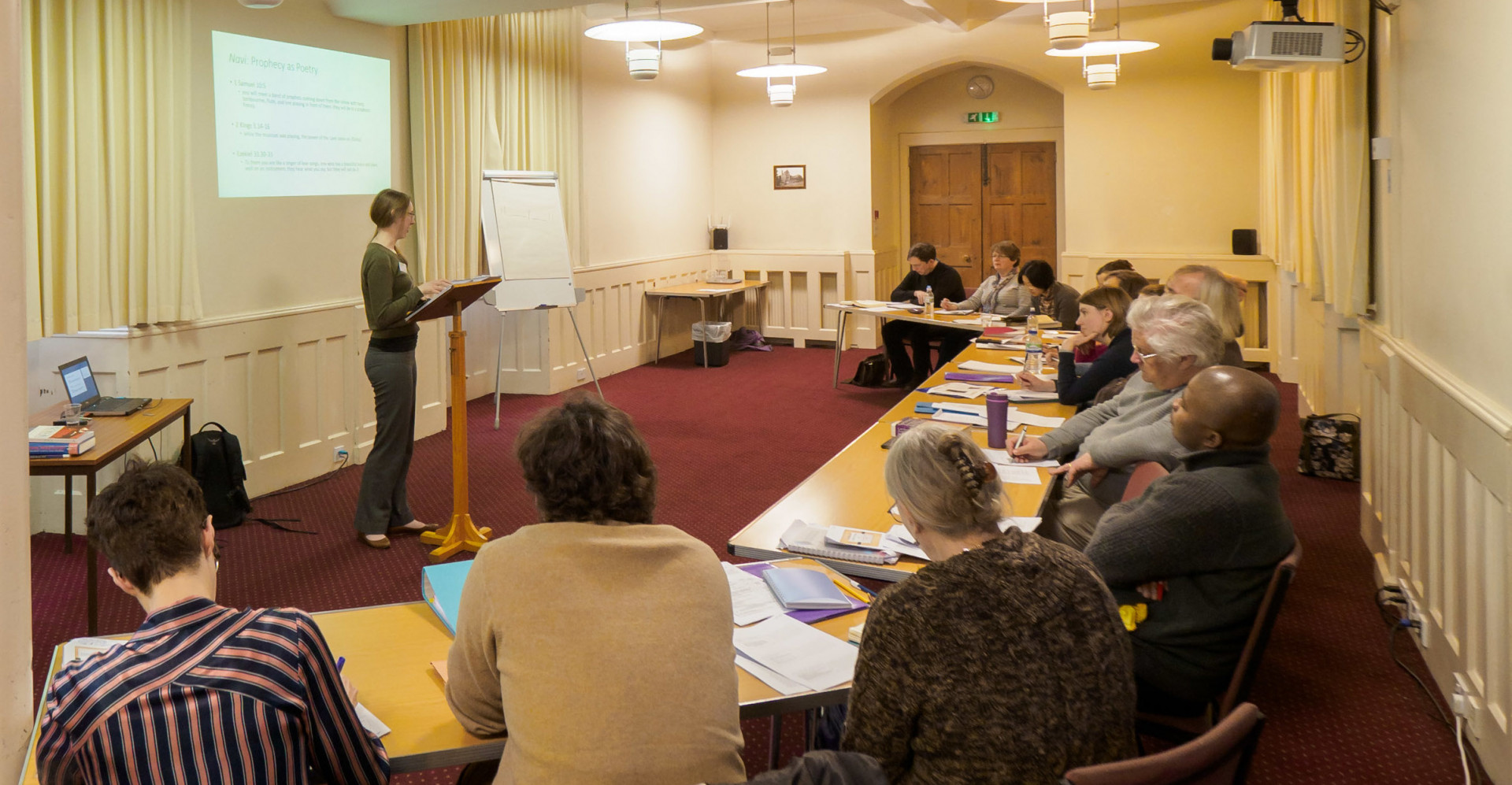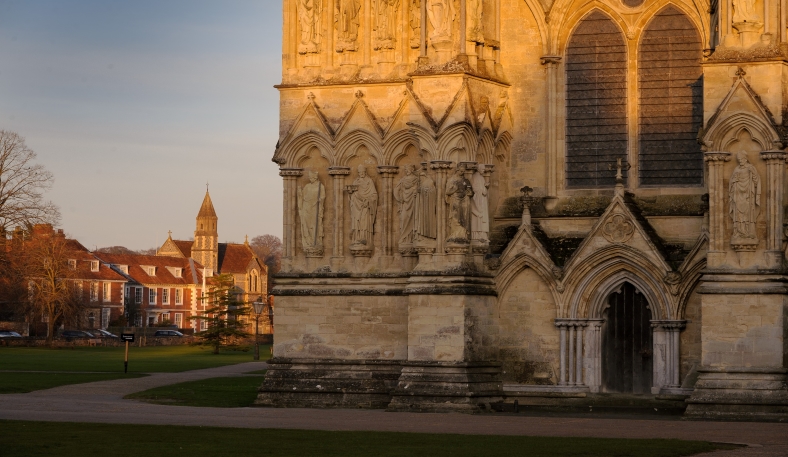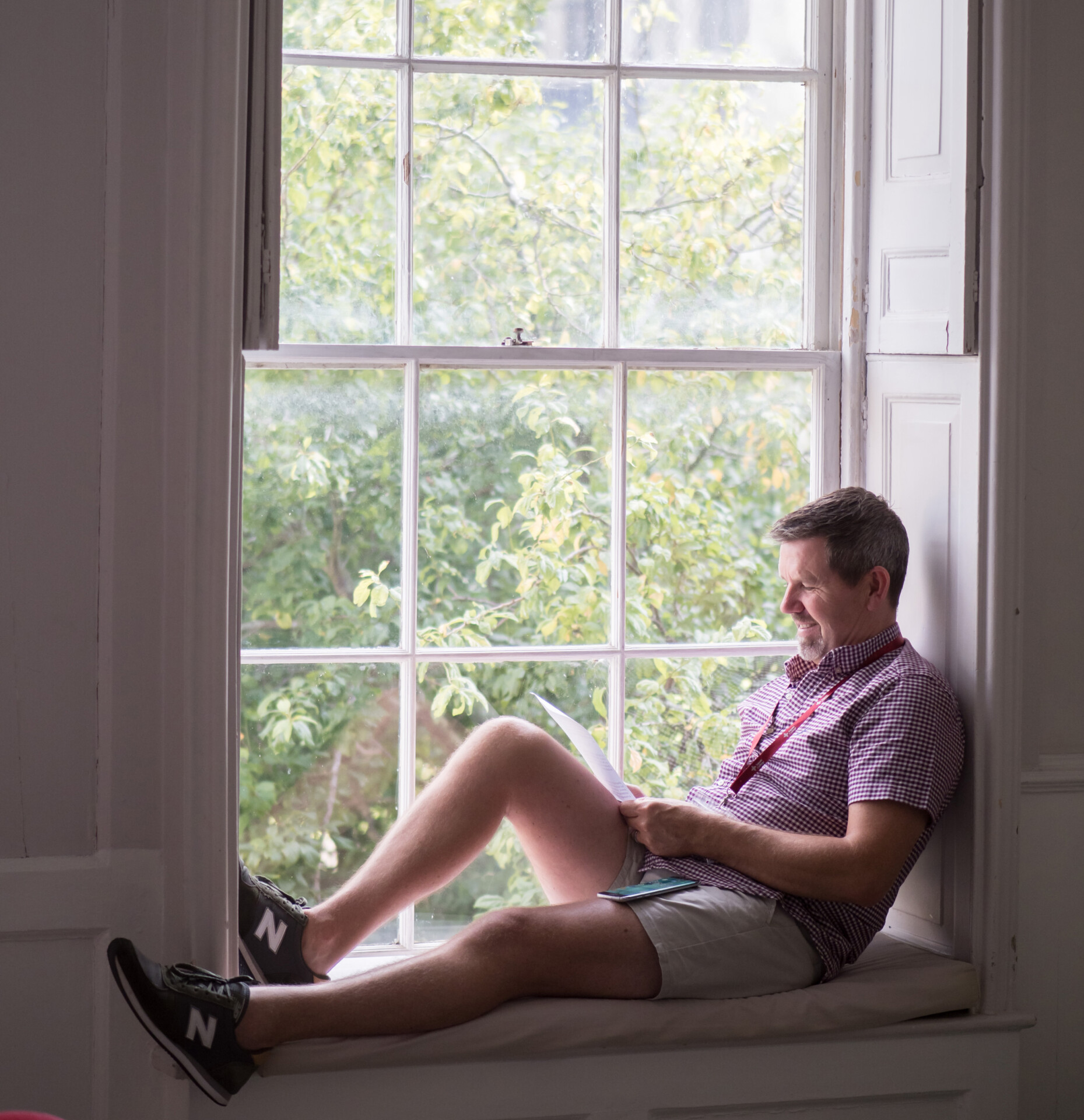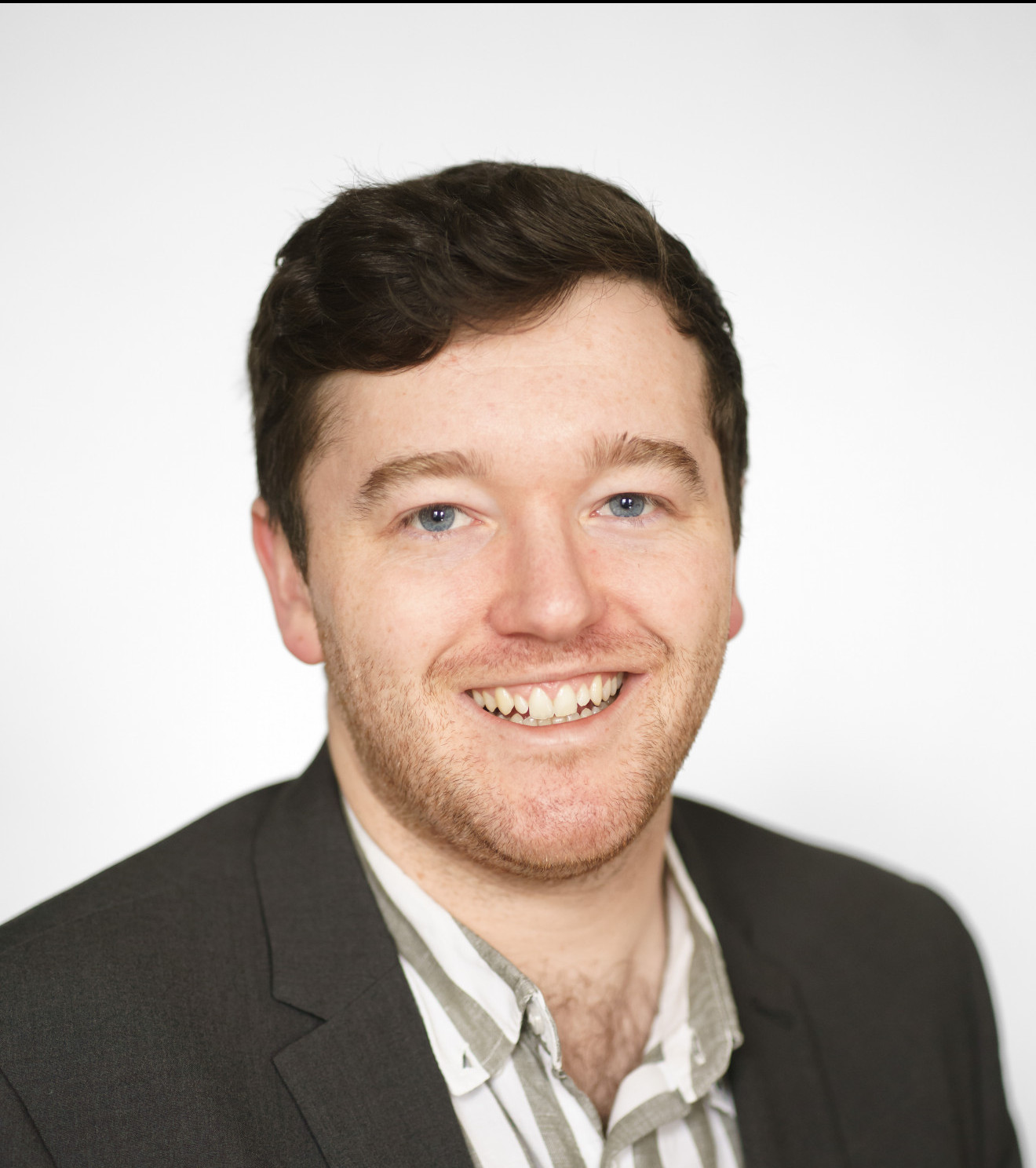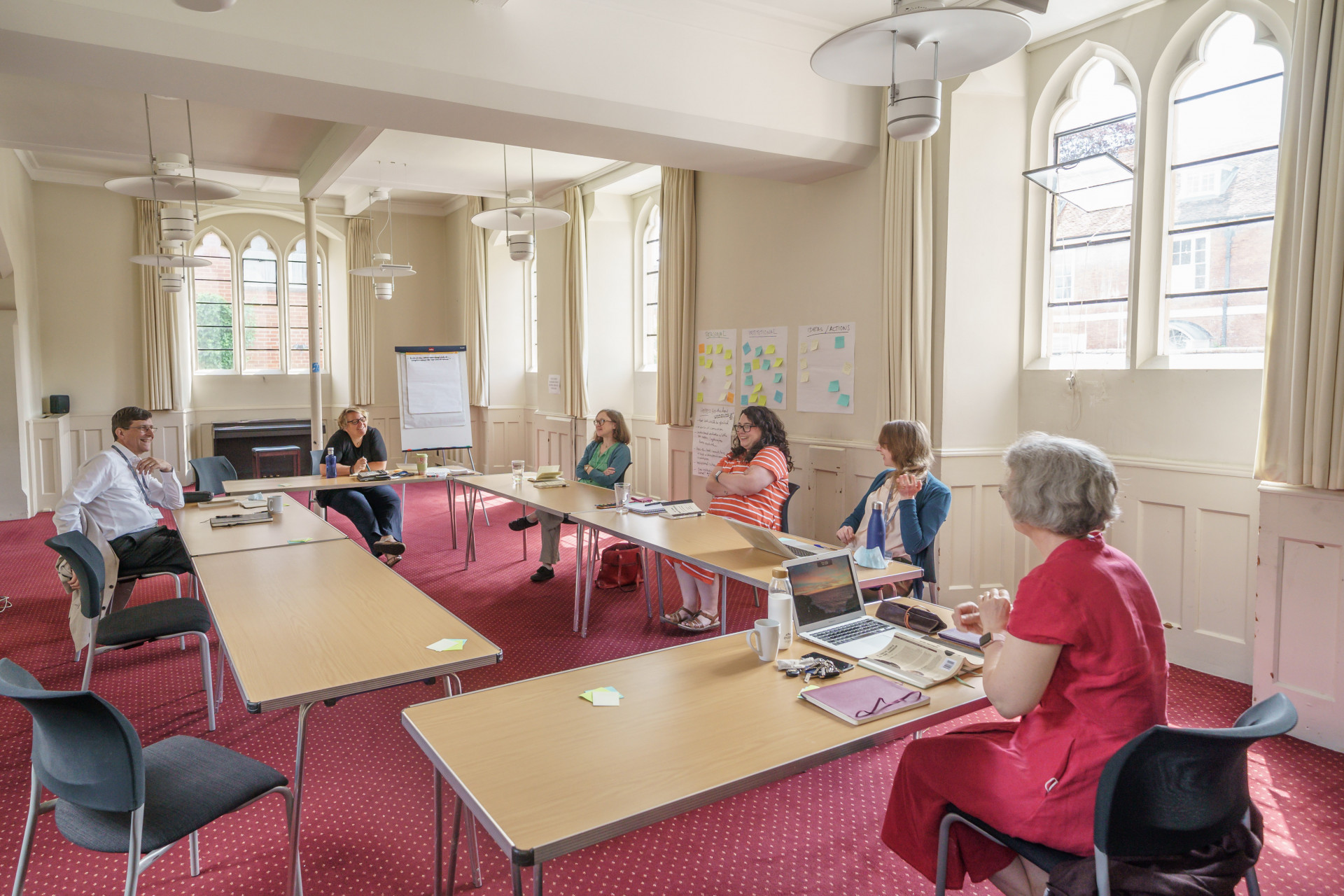Foundations and Forms of Christian Spirituality (2023) course
This course offers an introduction to the historical study of Christian Spirituality and to many traditions of Christian spirituality up to and including the Reformations. We will examine different methods of studying the history of Christian spirituality and consider various primary texts from this period.
The module will work chronologically through some of the major strands of Christian spirituality in this period, including biblical spirituality, desert traditions, Orthodox spirituality, Celtic traditions, medieval Western monastic, scholastic and vernacular spiritualities, and spiritualities on different sides of the Reformations.
Specific sessions and lectures include:
Dr Michael Hahn will teach two introductory sessions to the historical study of Christian spirituality. This includes considerations of the word ‘spirituality’ and different approaches to this term and what it encompasses, and how we model different traditions or genealogies of Christianity, and the issues this raises. Michael will also run a study skills session focusing on writing essays on Christian spiritual history.
Dr Jayme Reaves will teach a session on biblical spirituality, introducing key themes and text from Christian scriptures for the study of spirituality and also explore methods and hermeneutics of biblical studies in the 21st century relevant for the study of Christian spirituality. Jayme is the author of Safeguarding the Stranger: An Abrahamic Theology and Ethic of Protective Hospitality, and the co-editor of When Did We See You Naked?: Jesus as a Victim of Sexual Abuse.
Dr Julia Konstantinovsky of the University of Oxford will teach two sessions. The first will consider some of the major traditions and voices of Patristic theology for the Christian spiritual traditions, including pseudo-Dionysius, and the second will provide an introduction to spirituality of the Orthodox tradition. Julia will also consider the links (or divisions) between Patristic and Orthodox spiritualities, and how historians of spirituality work with these links. As well as other publications, Julia is author of the book Evagrius Ponticus: the Making of a Gnostic.
Professor Oliver Davies of King’s College, London will teach one session on Celtic spirituality, considering some of the key facets to this tradition and thinking about how we can talk of a body of spiritual writings we can call ‘Celtic.’ Oliver is a leading expert of the Christian mystical traditions, spirituality and systematic theology and, among many other books, wrote Celtic Christianity in Early Medieval Wales: the Origins of the Welsh Spiritual Tradition and was co-editor for the Classics of Western Spirituality edition on Celtic Spirituality.
Dr Michael Hahn will teach two sessions on medieval Western spirituality, considering the theological-historical categorisations of monastic, scholastic and vernacular. In particular, we will focus on the Rule of St Benedict and the development of monastic theology, before considering Thomas Aquinas and Bonaventure as scholastic spiritual writers, and Angela of Foligno and Hadewijch as exemplars of vernacular spirituality, before analysing whether these terms are helpful. Michael works primarily on late-medieval mystical theology and Franciscan studies and, among other publications, is currently finalising his book Bonaventure, Angela of Foligno and the Mystical Theologies of Franciscans and is co-editing A Companion to Angela of Foligno.
Professor Gillian Ahlgren of Xavier University will teach two sessions exploring the spirituality traditions at the end of the Middle Ages and in the start of the early-modern period characterised by the Reformations. Gillian will focus on the continuations of late-medieval spirituality in the Reformations and think about how we can deal with different sides of the Reformations in terms of our study of spirituality. We will then focus on Teresa of Avila’s Spiritual Castles, a text on which Gillian is a world-leading expert and has written several books.
This excellent introduction to the historical study of Christian Spirituality is part of the Christian Spirituality postgraduate studies programme and is open to ‘auditors’ eg those who join the course without receiving academic credit.
What does it mean to audit a course?
This course would made an excellent addition to a study break, retreat or sabbatical in the beautiful Salisbury Cathedral Close, where residential participants enjoy full board, access to the library and to the pattern of liturgy at Salisbury Cathedral.
Whether it’s cultural events, sightseeing (Stonehenge is nearby for example) or shopping — there’s plenty to do if you’d like to extend your stay the weekend before and after the course. For ideas, visit Salisbury Cathedral Close attraction websites to see what’s on Sarum’s doorstep. Visit the Wiltshire Creative website to view events at nearby Salisbury Playhouse and the Salisbury Arts Centre. The Experience Salisbury website has an excellent city-wide listing of forthcoming events around the city.
Need financial assistance? View our list of grantmaking trusts
Find out more about postgraduate study in Christian Spirituality
Enrolled students also may attend teaching weeks for modules in addition to the modules which they are studying for credit, by permission of the Programme Leader. The audit fee and hospitality prices are reviewed annually with any changes effective from 1 July.
